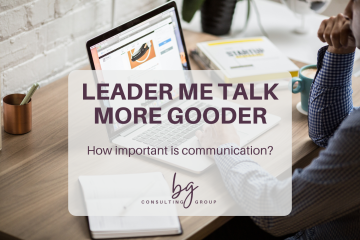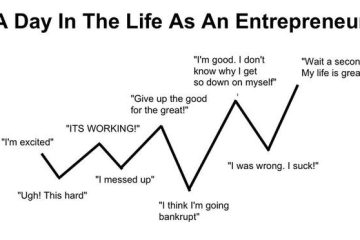Op Ed
By Jose Julio Divino, MPH
August 2020 – It has been seven months since the coronavirus, or “COVID-19” as coined by the World Health Organization (WHO), was declared a public health pandemic, yet the politicization of this deadly virus continues to ravage our country, killing nearly 180,000 and infecting almost six million of our fellow Americans so far, according to the US Centers for Disease Control and Prevention (CDC). These mortality and prevalence rates correspond to the entire population of US cities like Fort Lauderdale (FL), Providence (RI) and Newport News (VA) being decimated, and twice the population of urban centers like Houston and Chicago testing positive for the coronavirus.
Set against the background of “Black Lives Matter”, the resulting downward economic spiral since the coronavirus lockdown – not seen since the Great Depression – has come to symbolize the “new normal” among many vulnerable families and individuals, especially among communities of color. The decision on whether to have a nutritious meal or scrimp on expenses just so households (many of which are headed by single parents with young children or seniors on a fixed income) can have enough to pay rent and avoid eviction from their homes has risen to epidemic proportions. According to The Hamilton Project and Future of the Middle Class Initiative at the Brookings Institute, there are about 14 million children in the US that are not getting enough to eat
The food insecurity situation is, moreover, exacerbated for persons with serious underlying medical conditions (e.g., heart disease, diabetes, lung disease) who will now have to choose whether to prioritize their monthly rent or grocery budgets over medical expenses. For our elders, already considered to be most at high-risk, social distancing can prove to be a further obstacle in accessing adequate and nutritious food. It is a scientific fact that persons who experience food insecurity are likely to be less healthy.
Psychosocial adversity and mental illness in the COVID era have also increased. As a direct consequence of elevated stressors and anxieties, be it for frontline workers, members of communities of color, people who have lost their jobs or unpaid adult caregivers, worse mental health outcomes, increased substance use and elevated suicidal ideation have been documented, according to the CDC.
It is highly probable that the COVID blame game will only crescendo. “To wear or not to wear” face coverings will remain a hotly contested conversation. Until a cure or a vaccine is identified, it is only by being supportive of each other and, in celebrating empathy, will we be able to win the fight against COVID-19.
It is time to take responsibility for our actions. While there is now mounting evidence that COVID-19 does not discriminate based on age (younger individuals are increasingly becoming infected and dying), there remains a cohort staunchly opposed to social distancing. In wearing a mask, we are saying that “I respect you.”
As the proverbial saying goes, “united we stand, divided we fall.”


